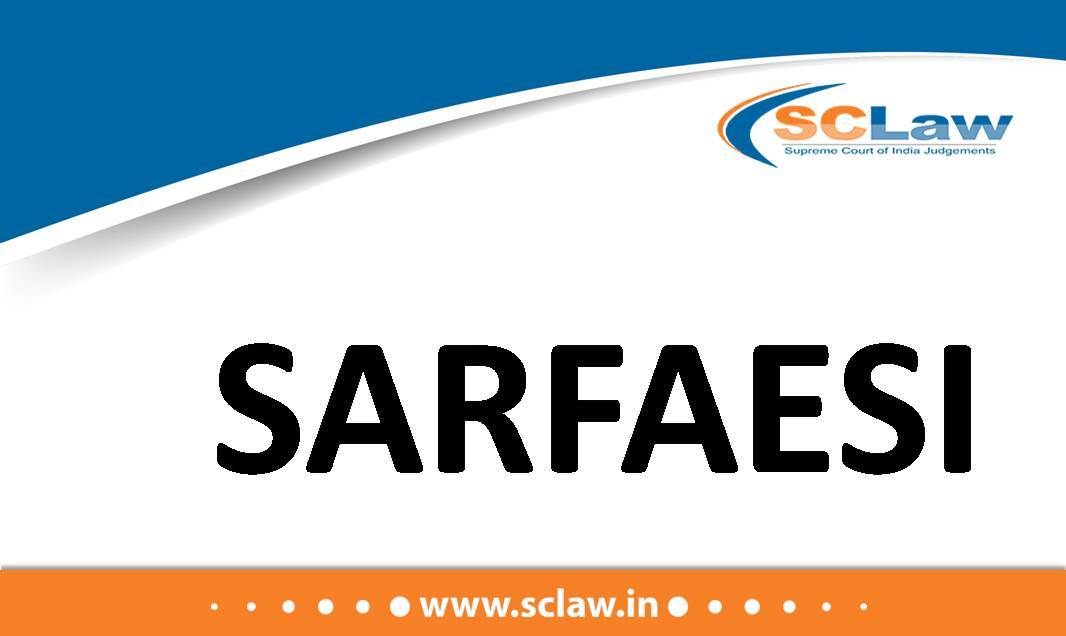Limitation Act, 1963 – Section 18 – Effect of acknowledgment in writing – Documents relating to acknowledgement claiming benefit of Section 18 were introduced at appellate stage, and such documents being balance sheets and settlement offers, the same could be accepted even at the appellate stage.
SUPREME COURT OF INDIA DIVISION BENCH AXIS BANK LIMITED — Appellant Vs. NAREN SHETH AND ANOTHER — Respondent ( Before : Vikram Nath and Ahsanuddin Amanullah, JJ. ) Civil Appeal…



